Text-to-988: Compromising Confidentiality in Mental Health Crises
- Guest Writer

- Jan 3
- 3 min read

By Kiley McLeroy
From the profound sociological fallout caused by the COVID-19 lockdowns to the pharmaceutical industry’s ongoing manipulation of the psychiatric field, significant concerns surrounding the state of wellness and behavioral health in the United States have worsened.
The federal government’s response is simple: leverage the current psychological crisis to expand both the size and scope of the federal government.
Data from between 2021 and 2022 reveals that 23.1% of U.S. adults have a mental illness - an almost 5% increase since 2016. Unfortunately, the growing number of mentally unwell citizens in the country has not inspired governmental action that accurately addresses the complex and nuanced issues surrounding behavioral healthcare.
Currently, the federal government’s most widely used resource for suicide prevention and intervention is the 988 Suicide and Crisis Lifeline, also known as the 988 Lifeline. Calls made to the 988 Lifeline increased by roughly 33% from May 2023 to May 2024, and were up about 80% since May 2022, mirroring the increase in mental illness diagnoses across the United States. In November, the FCC responded to the growing demand for mental health crisis resources by issuing a proposed rulemaking entitled “Implementation of the National Suicide Hotline Act” to mandate the expansion of georouting capabilities for all covered text providers that cover text-to-988 messages.
The FCC’s proposal is largely problematic, not solely because the feasibility of text-to-988 implementation is questionable at best, but because its enactment threatens to compromise the confidentiality of the 988 Lifeline. By ensuring that every SMS text message submitted to the Lifeline is georouted, every user contacting the Lifeline via text will have that data shared with the federal government. According to the FCC, expanding mandatory georouting capabilities to SMS text messaging is the best way to minimize routing errors, but this is unlikely to be the case, as georouting is not designed to provide completely accurate and precise location information.
In policymaking, there exists a delicate balance between security and privacy.
The tension between these two concepts becomes overtly clear when one is neglected in favor of the other. When more importance is placed on the side of security, privacy necessarily suffers as a consequence. If the security of the 988 Lifeline is the FCC’s primary concern as opposed to the privacy of its users, the most effective solution to text-to-988 misrouting is mandating geolocation rather than georouting, as the former utilizes automated location information and pinpoints the exact location of the user. The implementation of text-to-988 geolocation would completely secure the 988 Lifeline in terms of accuracy and efficiency but would require all covered text providers to disclose 988 users’ precise geographic data, nullifying confidentiality and privacy completely.
Even if this rulemaking is enacted, the same location discrepancies will continue to occur due to the imprecision of georouting as compared to geolocation. It is not outrageous to think that this proposal could initiate a series of cascading regulatory measures aimed at continuously reducing the margin of error for accurately routing texts to the 988 Lifeline, but these measures will only erode privacy protections in the process. Constant efforts to attempt to ensure the 988 Lifeline functions with virtually no errors or delays will only apply undue pressure to the already tenuous relationship between safety and privacy in regulatory policy. The only pragmatic way to ensure that emergency services are routed to users with the highest accuracy, speed, and precision is to utilize geolocation technology, and such technology would completely undermine the privacy of users contacting the 988 Lifeline.
The FCC’s proposal poses a direct threat to the sanctity of privacy that has allowed the 988 Lifeline to remain a safe and dependable resource for individuals in mental health crisis situations. CPAC Foundation’s Center for Regulatory Freedom has submitted comments on this proposed rulemaking and urges those that seek to protect the privacy of Americans undergoing mental health crises to do the same. The comment deadline for this proposed rulemaking is January 9th, 2025.








.png)




_gif.gif)